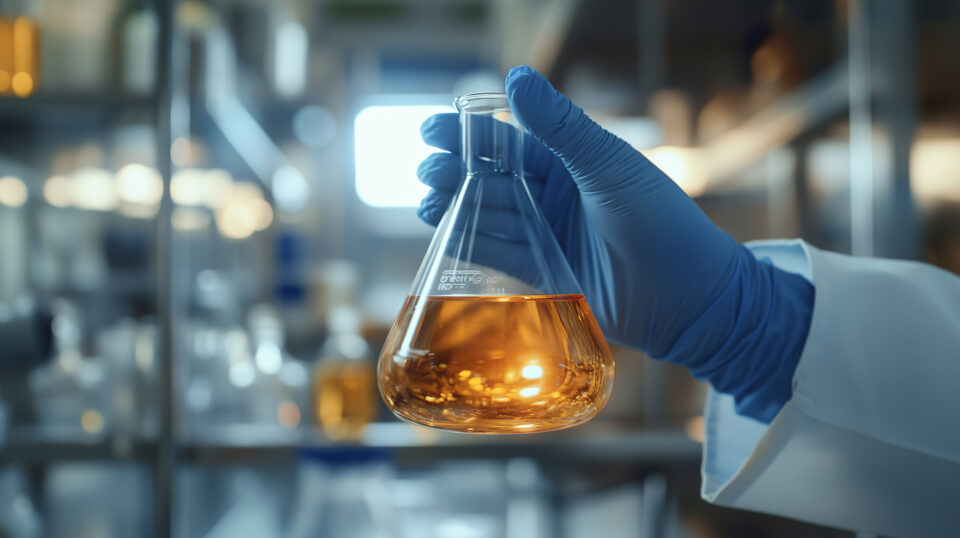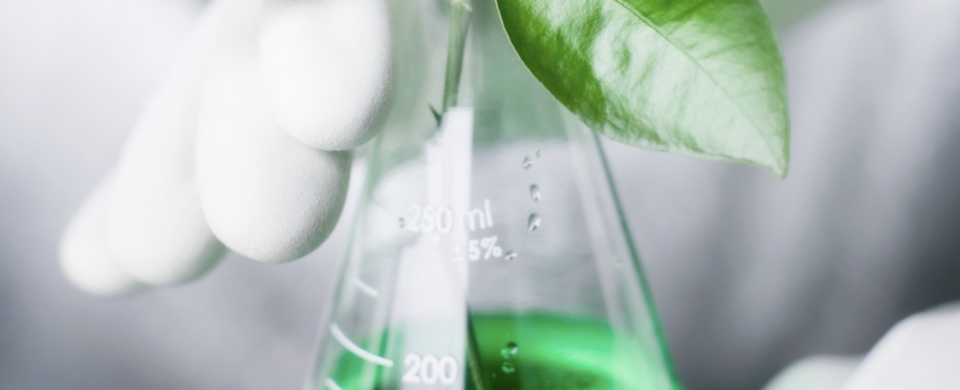Precious Metal Recycling: A Cornerstone of Pharmaceutical Sustainability
 Meet Adam, our dedicated Sales Manager who joined Mastermelt in 2019.
Meet Adam, our dedicated Sales Manager who joined Mastermelt in 2019.
Adam specialises in managing Pharmaceutical, Chemical and F&F industrial waste streams across Europe.
Prior to joining our team, he honed his expertise during his tenure at Johnson Matthey, where he developed extensive knowledge in precious metal catalysis spanning various industries.
Pharma’s Footprint
The pharmaceutical industry, while vital to global health, is under increasing scrutiny for its environmental impact. From the extraction of raw materials to the disposal of waste, every step in the drug development and manufacturing process leaves a footprint. One area where significant strides can be made towards sustainability is through the recycling of precious metals contained in spent catalyst residues, which are commonly found in both liquid and solid form.

The Environmental Toll of Metal Mining
Mined metals, essential components in pharmaceutical manufacturing, come with a hefty environmental cost. Mining operations often involve deforestation, soil erosion, water pollution, and the release of greenhouse gases. The energy-intensive processes of refining and smelting further contribute to carbon emissions.
The Green Alternative: Recycled Precious Metals 
In contrast, recycled precious metals offer a sustainable and eco-friendly solution. By reclaiming and repurposing precious metals from discarded products, especially spent catalyst used in production we can significantly reduce the need for mining and its associated environmental damage.
Why Recycled Precious Metals Matter:
- Reduced Carbon Footprint: Recycling precious metals requires significantly less energy than mining and refining new metals. This translates to a drastic reduction in greenhouse gas emissions. In fact recycling Palladium for example, can reduce carbon emissions by up to 98% compared to producing it from raw mined metals materials.
- Conservation of Resources: By recycling precious metals, we conserve valuable natural resources. This helps to preserve our planet’s finite reserves and reduces the strain on mining operations.
- Reduced Waste: Recycling diverts metals from landfills, minimising waste and conserving space.
- Energy Efficiency: The recycling process is generally more energy-efficient than primary metal production, further contributing to reduced carbon emissions.

The Pharmaceutical Industry’s Role
The pharmaceutical industry can play a pivotal role in promoting precious metal recycling by:
- Adopting Sustainable Sourcing Practices: Prioritising recycled metals in procurement can drive demand and encourage recycling initiatives.
- Collaborating with Suppliers: Working with suppliers to minimise waste and promote recycling throughout the supply chain.
- Setting Ambitious Sustainability Goals: Establishing clear targets for reducing environmental impact can motivate innovation and drive change.
By embracing precious metal recycling, the pharmaceutical industry can significantly reduce its carbon footprint and contribute to a more sustainable future. It’s time to harness the power of recycling and forge a path towards a greener and healthier planet.
Talk to Mastermelt today to find out how we can help you on your sustainability journey and reduce your carbon footprint.

